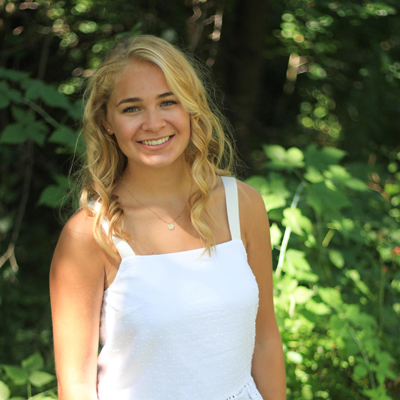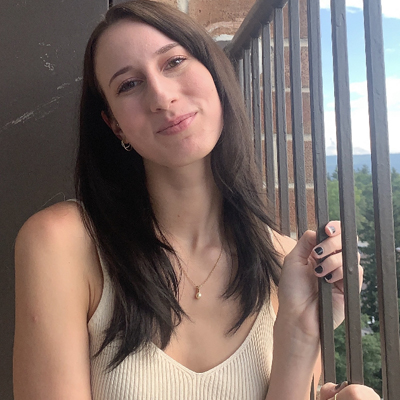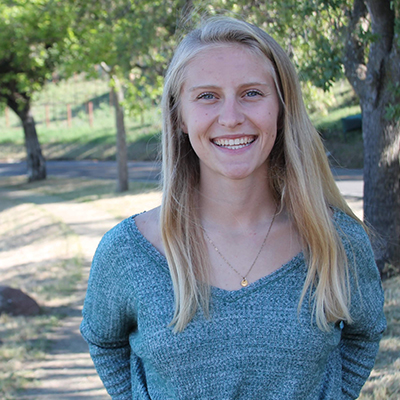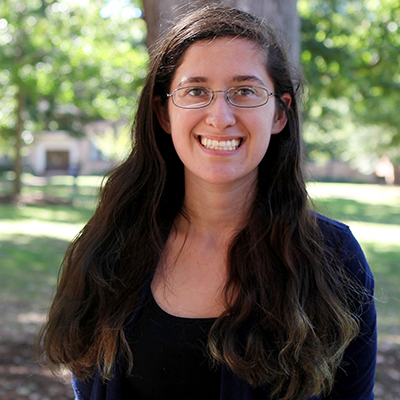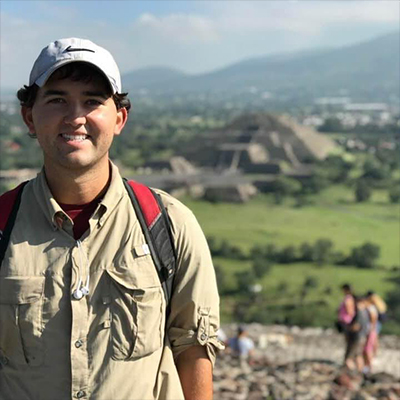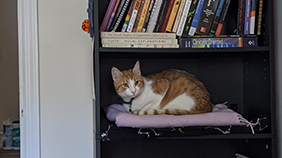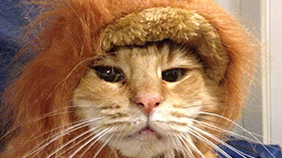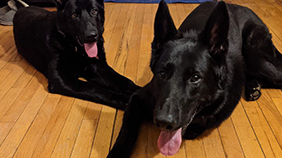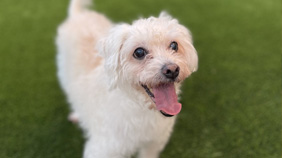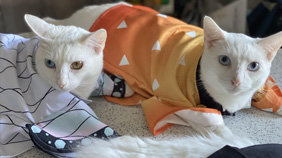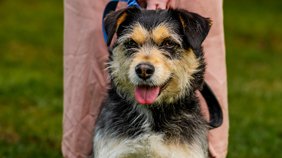Our Team Members
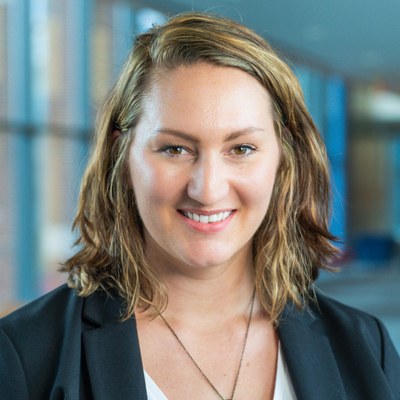
Laura S. Weyrich
Principal Investigator
My research focuses on microbiome adaptation and evolution in different ecologies. I use a mixture of ancient DNA, anthropological microbial genomics, and experimental models to explore and identify mechanisms of microbial community change and adaptation and translate these mechanisms to improve the world around us today.

Nicole E. Moore
Researcher (Ancient DNA)
Nicole has a research interest focused on the change in the microbiome and the virome over time in different cultures and environments. She also has an interest in method development, specifically developing or updating approaches to improve efficiency and effectiveness in our research projects as technology changes. Nicole has a background in metagenomic research used in pathogen and viral discovery applications, as well as next-generation sequencing. Nicole also manages the day-to-day running of the microARCH labs, as well as doing research.
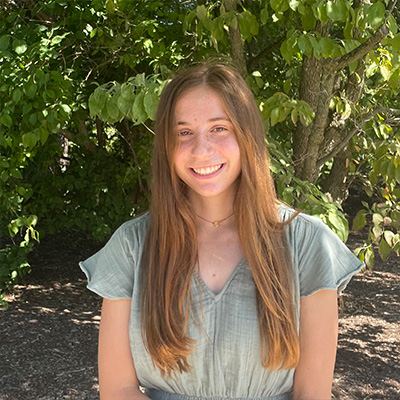
Ava Gabrys
Undergraduate Researcher
Ava is a senior studying Biology with a focus in Genetics and Developmental Biology. Her research uses ancient DNA to explore oral streptococcus bacteria in British populations and their relationship to human health, including tooth decay. After her undergraduate degree she plans to attend graduate school and pursue research in the evolutionary sciences.
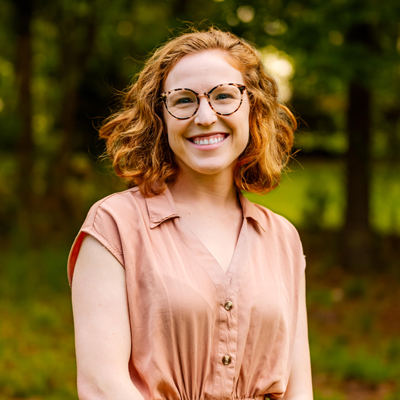
Allison Claire Ham
Postdoctoral Researcher
Allison holds a PhD in Anthropology from the University of South Carolina, and her research is motivated by questions surrounding the physiological and behavioral mechanisms that produce sexual variation in health outcomes across diverse cultural, ecological, and temporal contexts. Allison’s postdoctoral research combines paleodemographic and biomolecular methods to 1) explore the effects of demographic factors (age and sex) on the diversity and composition of the human oral microbiome and 2) investigate how variation in microbiota diversity and composition effects sex-based health outcomes, as manifested in variation in risks of mortality. Allison aims to expand our understanding of the environmental, biological, and cultural factors that are driving sex-based health disparities both in the past and present.
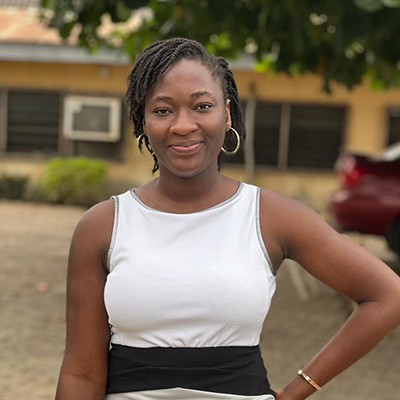
Iyunoluwa Jesudemilade
PhD Graduate Student
Iyunoluwa holds a Bachelor’s degree in Archaeology from the University Of Ibadan, Nigeria. Using ancient DNA techniques, oral microbiome, and embedded starch grain analyses of dental calculus, she is interested in understanding the impact of the Atlantic era (slave trade and colonialism) on diet, oral microbial profile, and the overall health status of West African populations and how this translates to health disparities of Africans/Black Americans in the diaspora.
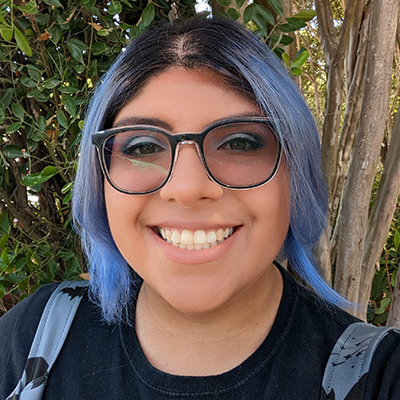
Crystal Crabb
PhD Graduate Student
Crystal holds a B.S and M.A in Anthropology from Texas State University. She is interested in the human oral microbiome and its relation to the manifestation of inequality and environmental stress within human dentition, particularly focusing on periodontitis within Hispanic and Latinx populations. In studying the evolution of microbes within Hispanic and Latinx communities, she aims to understand the impact of environmental stress and its relation to heredity and the oral microbiome.

Christine Ta
Dual-Title PhD Candidate
Christine holds a BS in Forensic Science-Toxicology from John Jay College of Criminal Justice and a MSc in Bioarchaeological and Forensic Anthropology from University College London, UK. She aims to contextualize the evolutionary history of antimicrobial resistance genes within the oral microbiome in hopes of understanding the potential link between changes in cultural and ecological factors and the shift in the disease landscape.

Juliana Simas Coutinho Barbosa
PhD Graduate Student
Juliana holds a Bachelor's in Biotechnology from the University of Brasília; she then relocated to Rio de Janeiro and received a Master's in Computational Modeling from the National Laboratory of Scientific Computing. Juliana's research utilizes prokaryotic and eukaryotic DNA entrapped within ancient dental calculus to reconstruct the pre-agricultural (Paleolithic and Mesolithic) oral microbiomes as well as ancient diets. Juliana is interested in elucidating how diet and climate events (specifically, the 8.2 ka cooling event) shaped the oral microbiota of ancient humans and in uncovering potential adaptations to those environmental factors.
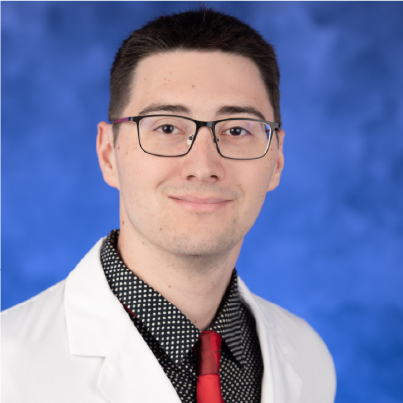
Cameron Pauly
MD/PhD Graduate Student
Cameron holds a Bachelor's in Anthropology from Colgate University and a Master's in Medical Science from Drexel University College of Medicine. Cameron is interested in how social factors drive the evolution of the human oral microbiome, particularly the effects of colonialism on Native American & other Indigenous communities, and how oral microbiota influence systemic health. He is also interested in how microbiota are inherited from generation to generation and the developmental origins of health and disease. His clinical focus is on high-risk obstetrics, women's health, and oral health, especially for Indigenous and rural communities. Cameron also serves on the American Physician Scientists Association's Social Sciences and Humanities Ad Hoc Committee.
Affiliated Members
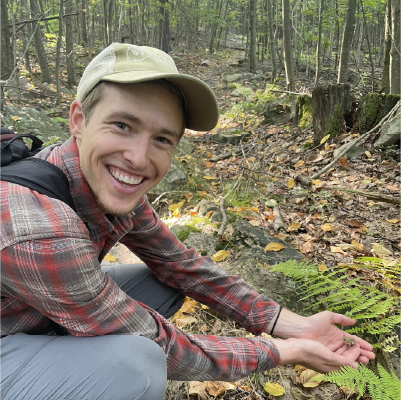
Will Vuyk
PhD Graduate Student from the Socio-ecological Histories of Estuarine Landscapes (SHEL) Lab
Will is interested in using ancient and environmental DNA techniques to better understand the ecological legacies that humans leave on the places they inhabit. Co-advised by Dr. Isabelle Holland-Lulewicz, Will’s work is primarily focused on the environmental reconstruction of archaeological sites in the Southeastern US using sedDNA. By investigating how past human-environment interactions have shaped modern ecologies, Will aims to inform how we engineer regenerative human ecosystems today and into the future.

